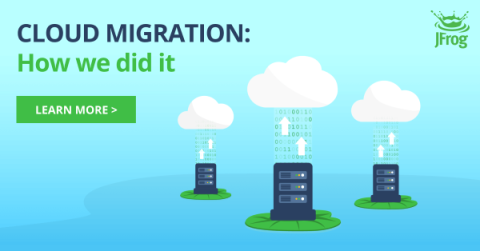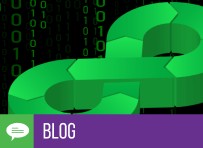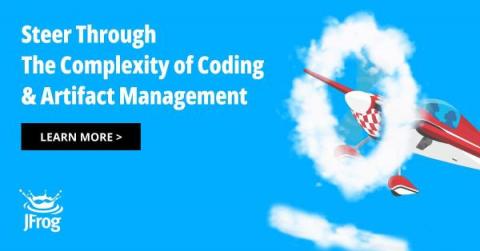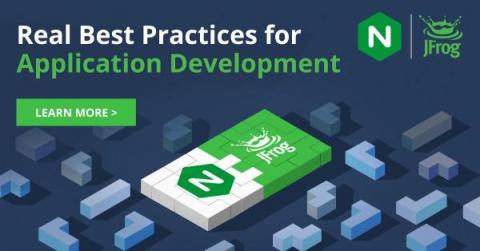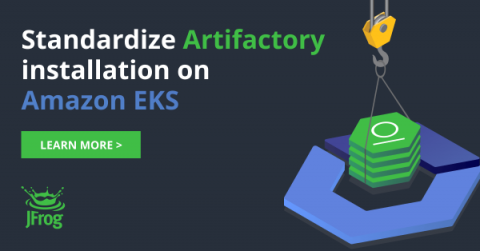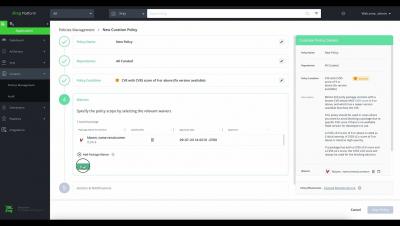JFrog's cloud migration story
Since inception in 2008, JFrog has hosted its own development environments on-prem. While this approach worked well for a time, the increasing need to deploy faster, while sustaining high quality and reducing hosting costs made us realize that we needed to leverage the JFrog SaaS Production environment. So in 2022, we started an effort to migrate our RnD environments from an on-prem solution to JFrog SaaS Production.


